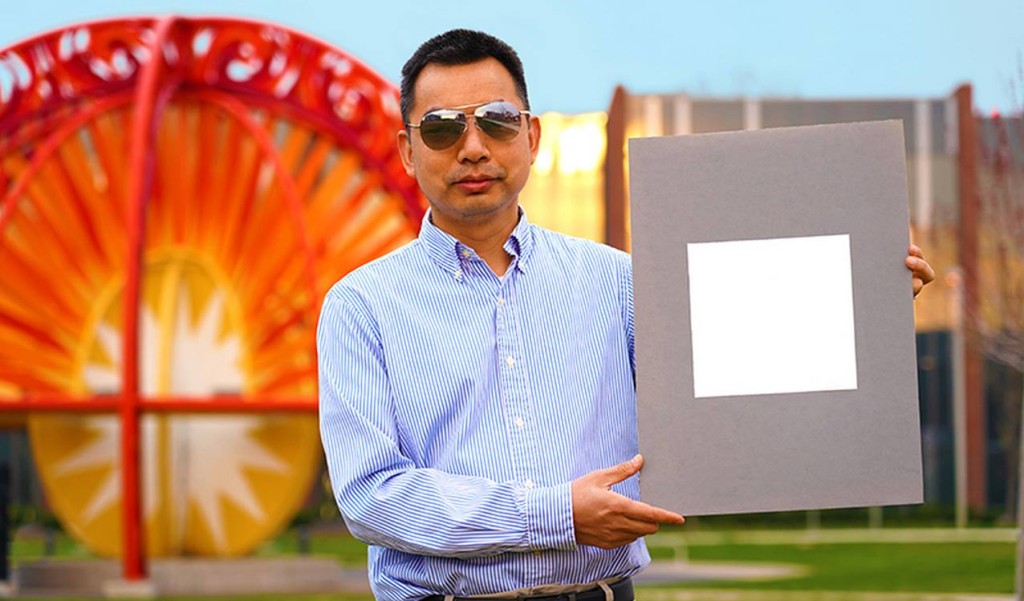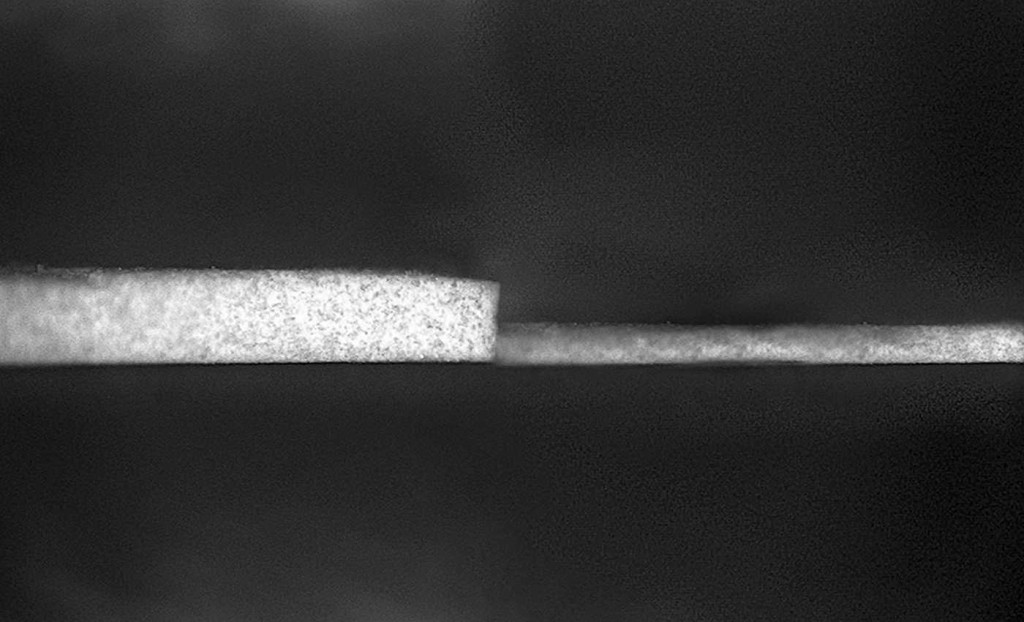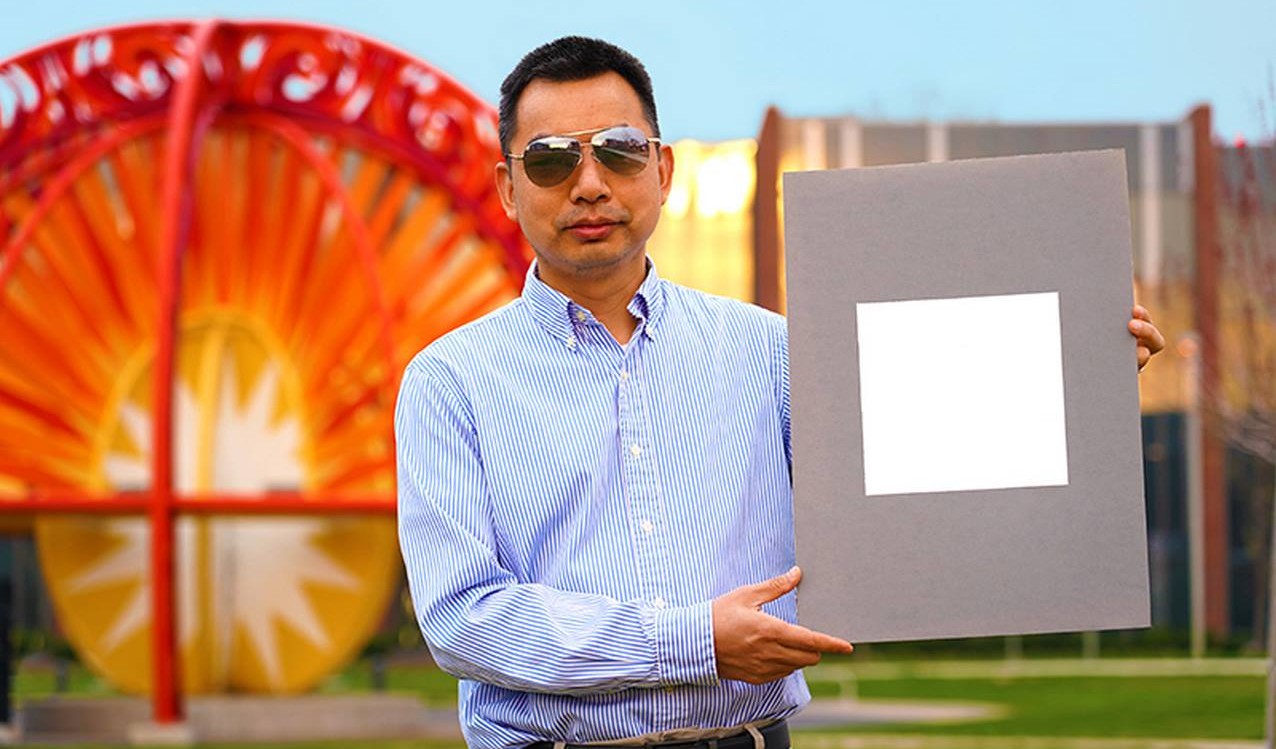
A stunningly-white coat of paint could be used to reduce reliance on air conditioning, after it was demonstrated to reflect 98.7% of incoming sunlight.
Just the paint alone was shown in a demonstrations to keep surfaces 19°F cooler than the surroundings by completely reflecting incoming solar radiation.
It was in 2021 that Xiulin Ruan, a Purdue University professor of mechanical engineering, first developed the paint, and with a new tweak that’s achieved the same results with a thinner coat, it has the potential of becoming an industry standard.
“I’ve been contacted by everyone from spacecraft manufacturers to architects to companies that make clothes and shoes,” said Xiulin Ruan. “They mostly had two questions: Where can I buy it, and can you make it thinner?”
The 2021 world’s whitest paint, for which Ruan was entered into the Guinness World Records, had to be applied at a layer of 400 microns thick, which is only possible for robust and stationary objects like buildings.
For things like airplanes, cars, or anything that comes with weight restrictions, 400 microns is too dense a coating to be useable. That’s why Ruan and his colleagues went back to experimenting with new materials, and replaced the barium oxide with hexagonal boron nitride.

The hexagonal structure reflects the sunlight more totally, and the paint also incorporates voids of air which make it highly porous on a nanoscale. This lower density, together with the thinness, provides another huge benefit: reduced weight.
The newer paint weighs 80% less than barium sulfate paint yet achieves nearly identical solar reflectance, which Ruan says opens the door to whole new domains of commercial application.
RELATED: Innovative Paint Cools Down the School Playground By 12 Degrees: ‘I don’t feel like I’m in an oven’
Most importantly he notes, compared to A/C, which takes the hot air from one’s house or office and deposits it into the air of the city, or with eyes on a larger scale, the Earth as a whole, ultra-white paint reflects the sun’s rays entirely, sending the thermal energy outside the Earth’s atmosphere.
“We are in discussions right now to commercialize it,” said Ruan. “There are still a few issues that need to be addressed, but progress is being made.”
SHARE This Cool Story With Your Friends…




















